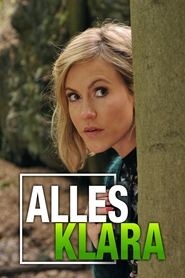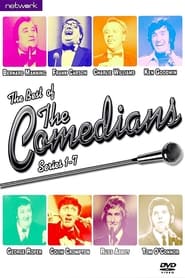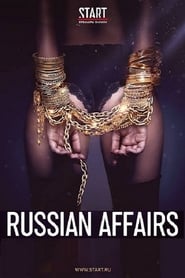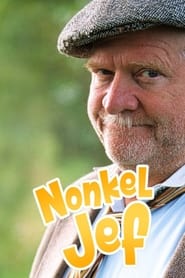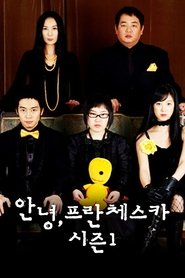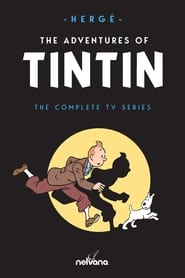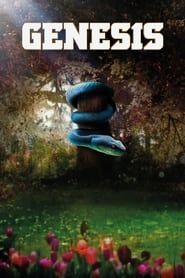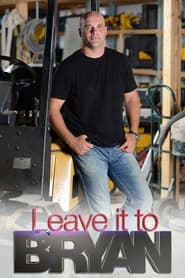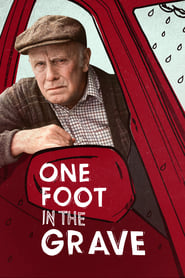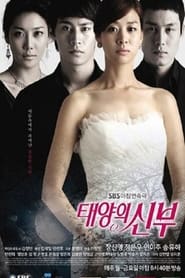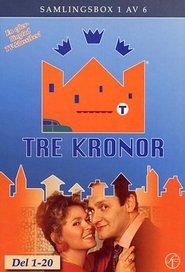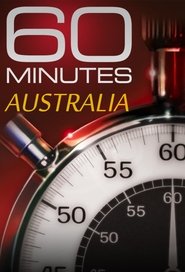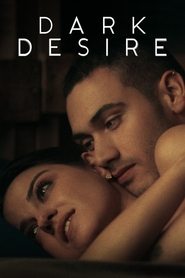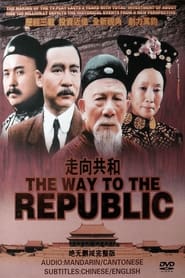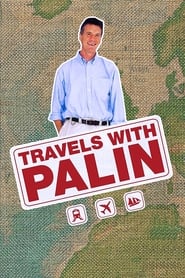Popular TV Series - Page 387
-
Police in action
2017
star 6Real cops, real cases and calls for help. Four cases, four human destinies. Get to know the work of the police close! Some actors are real cops but this show is not supported by the real police! Some cases may be based on reality. -
The Comedians
1971
star 5.5The comedians is a British television show of the 1970s produced by Johnnie Hamp of Granada Television. The show gave a stage to nightclub and working men's club comedians of the era, including Russ Abbot, Lennie Bennett, Stan Boardman, Jim Bowen, Jimmy Bright, Duggie Brown, Mike Burton, Dave Butler, Brian Carroll, Frank Carson, Mike Coyne, Jimmy Cricket, Colin Crompton, Pauline Daniels, Charlie Daze, Vince Earl, Steve Faye, Eddie Flanagan, Stu Francis, Ken Goodwin, Jackie Hamilton, Jerry Harris, George King, Bobby Knutt, Bernard Manning, Mike McCabe, Paul Melba, Mick Miller, Hal Nolan, Tom O'Connor, Tom Pepper, Bryn Phillips, Mike Reid, George Roper, Harry Scott, Sammy Thomas, Johnny Wager, Roy Walker, Charlie Williams, Lee Wilson and Lenny Windsor. Also featured on the TV show, were Shep's Banjo Boys, a 7-piece band comprising Charlie Bentley, John Drury, Andy Holdorf, John Orchard, John Rollings, Graham Shepherd and Howard Shepherd. In 1973, the line up was Mike Dexter, Tony "Tosh" Kennedy, Ged Martin, Tony Pri -
Russian Affairs
2019
star 6.7Moscow, present day. The city of big money, passion, gorgeous women and wealthy men, receptions and dangerous intrigue. Dasha, an art historian from the province, who came to the capital, dreams of a new, better life, but a mysterious and cruel incident will change everything. -
From Me to You: Kimi ni Todoke
2009
star 8.4Nicknamed "Sadako" for her spooky appearance, high schooler Sawako begins to break out of her shell when she befriends popular boy Kazehaya. -
The Adventures of Tintin
1991
star 7.9Travel with Tintin, the young and intrepid Belgian reporter, and his faithful dog Snowy as they take you from Tibet to the Moon, or from Egypt to the depths of the sea -- solving mysteries, pursuing truth and justice, and gambling with their lives. -
Genesis
2021
star 7.8The story of the first 2,300 years of humanity and recounts events exclusively from that period. The plot begins by giving us a greater understanding of why we exist and how we turned from perfection to imperfection. The origin of all social and racial problems is there at the beginning of everything, when via one decision a human being who only knew good and enjoyed it so much also chose to know evil. -
Cinderella Chef
2018
star 8.2Ye Jiayao is transported to ancient times, where she becomes Ye Jinxuan, the daughter of a magistrate. After being kidnapped by bandits, she meets their leader, Xia Chunyu, a former nobleman. Forced into a fake marriage, Ye Jiayao uses her modern cooking skills and sharp wits to win over those around her. -
Leave It to Bryan
2012
star 6.1Bryan helps home owner with renovations on one of three area but it is his ultimate choice as to which to complete with budget in mind. -
One Foot In the Grave
1990
star 7.5One Foot in the Grave is a BBC television sitcom series The series features the exploits of Victor Meldrew and his long-suffering wife, Margaret. The programmes invariably deal with Meldrew's battle against the problems he creates for himself. Living in a typical household in an unnamed English suburb, Victor takes involuntary early retirement. His various efforts to keep himself busy, while encountering various misfortunes and misunderstandings are the themes of the sitcom. The series was largely filmed on location in Walkford, near New Milton in Hampshire, although several clues show that the series may have been set in Hampshire – possibly Winchester. Despite its traditional production, the series supplants its domestic sitcom setting with elements of black humour and surrealism. -
Vem Pra Cá
2021
Vem Pra Cá
2021
-
Bride of the Sun
2011
Bride of the Sun
2011
Bride of the Sun is a 2011 South Korean television series starring Jang Shin-young, Jung Eun-woo, Han Jin-hee, Yeon Mi-joo, and Song Yoo-ha. The morning soap opera aired on SBS on Mondays to Fridays at 8:40 a.m. from October 24, 2011 to March 30, 2012 for 112 episodes. The story is loosely based on Jang Eun-young, a Miss Korea runner-up turned KBS news announcer who made headlines in 1999 when she married former Dongah Group chairman Choi Won-suk who was 27 years her senior; it was his third marriage. Jang and Choi divorced in 2010. -
Tre kronor
1994
star 5.1Tre kronor was a Swedish soap opera that aired on TV4 during the period 1994-1999. The series took place in the fictive middle class suburb Mälarviken, located in the vicinity of Stockholm. The exteriors were filmed in Sätra, a suburb of Stockholm, and the interiors were filmed in a studio in Kvarnholmen as well as in Kungens Kurva. Tre kronor aired at the same time period as Rederiet was on SVT and the shows where rivals of the viewers and they both had around 1-2 million viewers. TV4 started Tre kronor in 1994 to compete for the viewers of Rederiet. The signature tune was written by Lasse Holm. The spin-off movie Reine och Mimmi i fjällen! was based on two of the characters; Reine and Mimmi. The series had a dramatic ending where all the characters besides six were fatally wounded in a suicide bombing that took place at the local restaurant Tre Kronor. It was a priest himself who was the perpetrator. Two big cliffhangers in the series was when Hans Wästberg, played by Ulf Brunnberg, robbed -
60 Minutes Australia
1979
star 6.560 Minutes, an Australian version of the U.S. television newsmagazine 60 Minutes, airs on Sunday nights on the Nine Network and is presented in much the same way as the American program on which it is based. The New Zealand version of the show has also featured segments of the Australian version. Gerald Stone, the founding executive producer, was given the job by Kerry Packer and was told: "I don't give a f... what it takes. Just do it and get it right." After the first episode was broadcast on 11 February 1979, Packer was less than impressed, telling Stone: "You've blown it, son. You better fix it fast." Over the years, Stone's award winning 60 Minutes revolutionised Australian current affairs reporting and enhanced the careers of Ray Martin, Ian Leslie, George Negus, and later Jana Wendt. Since it was first broadcast, 60 Minutes has won five Silver Logies, one Special Achievement Logie, and received nominations for a further six Logie awards. -
Dark Desire
2020
star 7.3Married Alma spends a fateful weekend away from home that ignites passion, ends in tragedy and leads her to question the truth about those close to her. -
For the Sake of the Republic
2003
star 9.3Towards the Republic, also known as For the Sake of the Republic and Zou Xiang Gong He, is a Chinese historical television series first broadcast on CCTV in China from April to May 2003. The series is based on events that occurred in China between the late 19th century and early 20th century that led to the collapse of the Qing Dynasty and the founding of the Republic of China. Owing to its portrayal of historical issues deemed politically sensitive by the Chinese government, the series has been subject to censorship in mainland China. -
Travels with Palin
1980
star 9"From what I gather, people feel they are doing a journey with me. They like following someone who is relatively inexpert, who likes to travel but is by no means an authority."

